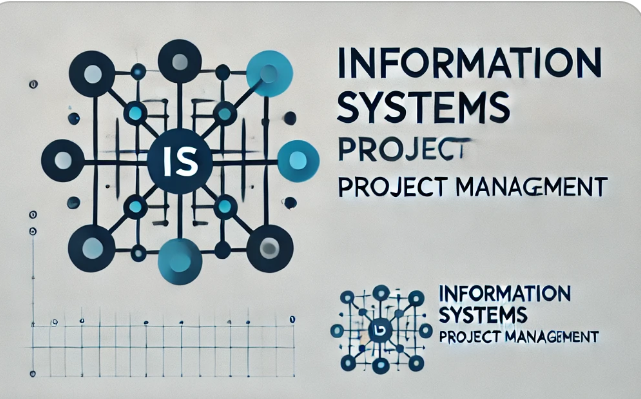Quality control is a critical aspect of project planning, ensuring that deliverables meet the required quality standards. Quality control involves the processes used to ensure that the project meets the quality standards set for it. In this article, we will discuss the key elements of quality control in project planning, its importance, and best practices for effective quality control in project planning.
Recently, my role has changed to Project Manager within Corporate FSI (Foreign Systems Interfaces) team at Universal Health Services. While I have been technically managing implementation, and new builds for our Acute facilities involving Physician Billing for the last two-three years, it’s nice to pursue this course, officially.
Key Elements of Quality Control
- Quality Planning: Quality planning involves identifying the quality standards for the project and determining how to meet them. This includes defining quality requirements, creating quality control plans, and identifying quality control tools.
- Quality Assurance: Quality assurance involves the processes used to ensure that the project meets the quality standards set for it. This includes reviewing deliverables, identifying defects and errors, and implementing corrective actions.
- Quality Control: Quality control involves the processes used to monitor project performance to ensure that it meets the quality standards set for it. This includes monitoring project progress, reviewing deliverables, and identifying defects and errors.
- Continuous Improvement: Continuous improvement involves ongoing efforts to improve the quality of project deliverables. This includes identifying process improvements, implementing process improvements, and measuring the effectiveness of process improvements.
Importance of Quality Control in Project Planning
Quality control is critical to the success of any project. It ensures that project deliverables meet the required quality standards, meet customer expectations, and achieve project objectives. Quality control also helps to minimize rework and the cost of correcting errors, thereby reducing project costs and improving project efficiency.
Effective quality control also helps to build customer trust and confidence in the project team’s ability to deliver high-quality products or services. This helps to ensure customer satisfaction and can lead to future business opportunities.
Best Practices for Effective Quality Control in Project Planning
- Identify Quality Requirements: Identify the quality requirements for the project and define them clearly. This helps to ensure that project deliverables meet the required quality standards.
- Establish Quality Control Processes: Establish quality control processes that define how quality control will be implemented and measured throughout the project lifecycle.
- Define Quality Metrics: Define quality metrics that will be used to measure project performance and identify defects and errors.
- Use Quality Control Tools: Use quality control tools, such as statistical process control, to identify defects and errors in project deliverables.
- Conduct Regular Quality Audits: Conduct regular quality audits to ensure that quality control processes are being followed and that project deliverables meet the required quality standards.
- Continuously Improve Quality Control Processes: Continuously improve quality control processes by identifying process improvements, implementing process improvements, and measuring the effectiveness of process improvements.
In Summary
Quality control is critical to the success of any project. It ensures that project deliverables meet the required quality standards, meet customer expectations, and achieve project objectives. To ensure effective quality control in project planning, project managers should identify quality requirements, establish quality control processes, define quality metrics, use quality control tools, conduct regular quality audits, and continuously improve quality control processes. By following these best practices, project managers can ensure that project deliverables meet the required quality standards and meet customer expectations.
#infobymattcole
 You can check out Matt’s LinkedIn account, Youtube Channel, or Podcast.
You can check out Matt’s LinkedIn account, Youtube Channel, or Podcast.Introducing my new books, ‘The Art of Critical Thinking’ and ‘The Critical Thinking Model’. Both can be read for free with Kindle Unlimited or $2.99 each via Kindle.




One thought on “Quality control”
Comments are closed.